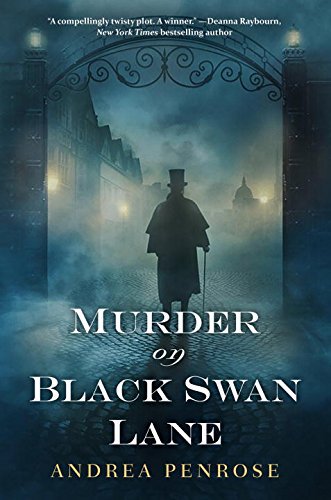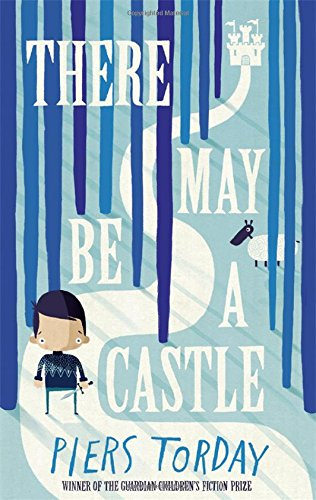 “Murder On Black Swan Lane” is a fast, fun, mystery that pairs the haughty, overly-rational, I-could-be-a-scientist-if-I-put-in-the-effort Earl of Wrexford with the I-have-a-mysterious-and-probably-tragic-past-but-won’t-talk-about-it Charlotte Sloane, a widow, living in poverty and surviving by penning cartoons that satirise the rich and famous, on a romp through Regency London in search of murderous alchemists.
“Murder On Black Swan Lane” is a fast, fun, mystery that pairs the haughty, overly-rational, I-could-be-a-scientist-if-I-put-in-the-effort Earl of Wrexford with the I-have-a-mysterious-and-probably-tragic-past-but-won’t-talk-about-it Charlotte Sloane, a widow, living in poverty and surviving by penning cartoons that satirise the rich and famous, on a romp through Regency London in search of murderous alchemists.
It’s a page turner that I enjoyed for being audaciously improbable. I’d like the world to contain people like Sloane and perhaps even Wrexford.
Sloane is fiercely brave, determinedly independent and yet lives constantly in the shadow of an abandoned (but only faintly hinted at) past and guilt over the death of her husband at the hands of aristocratic scoundrels. Wrexford is more thinly drawn and harder to like or dislike. He is neither stupid nor cruel nor hobbled by convention but what he truly is barely surfaced in this novel.
The plot is a complex puzzle that speaks to obsessions of the time, with Wrexford and Sloane solving it by unearthing apparently disconnected details. The pacing was good and the settings were interesting.
There are murders, knives, pistols, acids and fire and mayhem enough to satisfy my desire for action.
Yet the plot is mostly a vehicle for bringing Wrexford and Sloane together in ways that make them bounce off each other in a dance of conflict, collaboration, curiosity, concealment that is a great deal of fun.
Some of the descriptions need a little work. Our heroine is described as looking through “the thin skirling of smoke”. Skirling describes a sound. How does smoke make a sound? The phrase “Beggars can’t be choosy” is used a number of times. I know this version of the saying is common in the West of America but I’m fairly sure that in England we have always used “Beggars can’t be choosers”. These small things snagged my attention in passing but for the most part, I let myself be swept along by the brio of the book.
If there are anachronism here, they are creative ones that mostly involve the interpolation of modern ideas on class and gender into an age that was quite inflexible about both. When this is done in science fiction, we applaud. I see no reason to react differently when it occurs in a Regency mystery.
The next book will be released in March. I have it on pre-order.
Advertisements Rate this:Share this:
- Share





